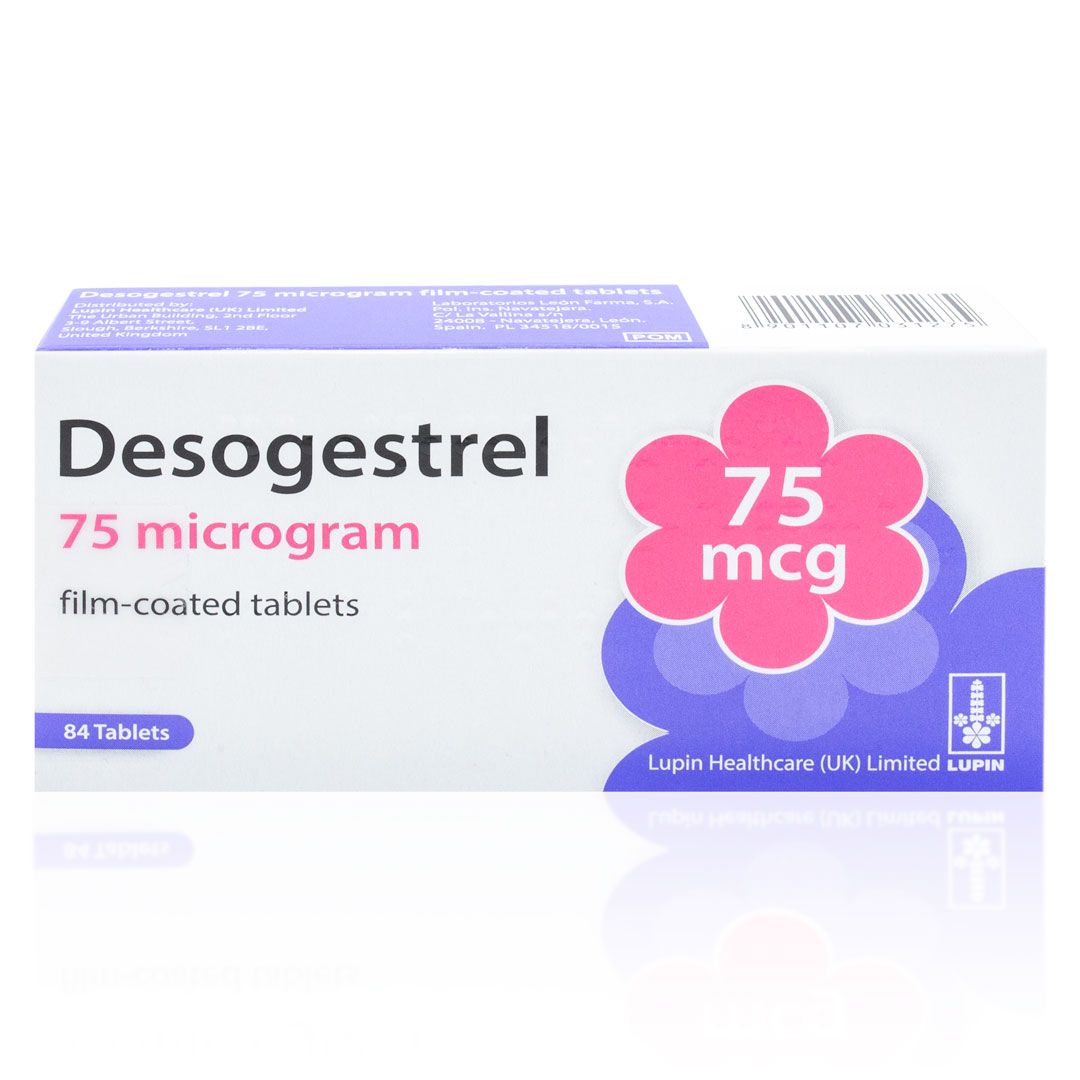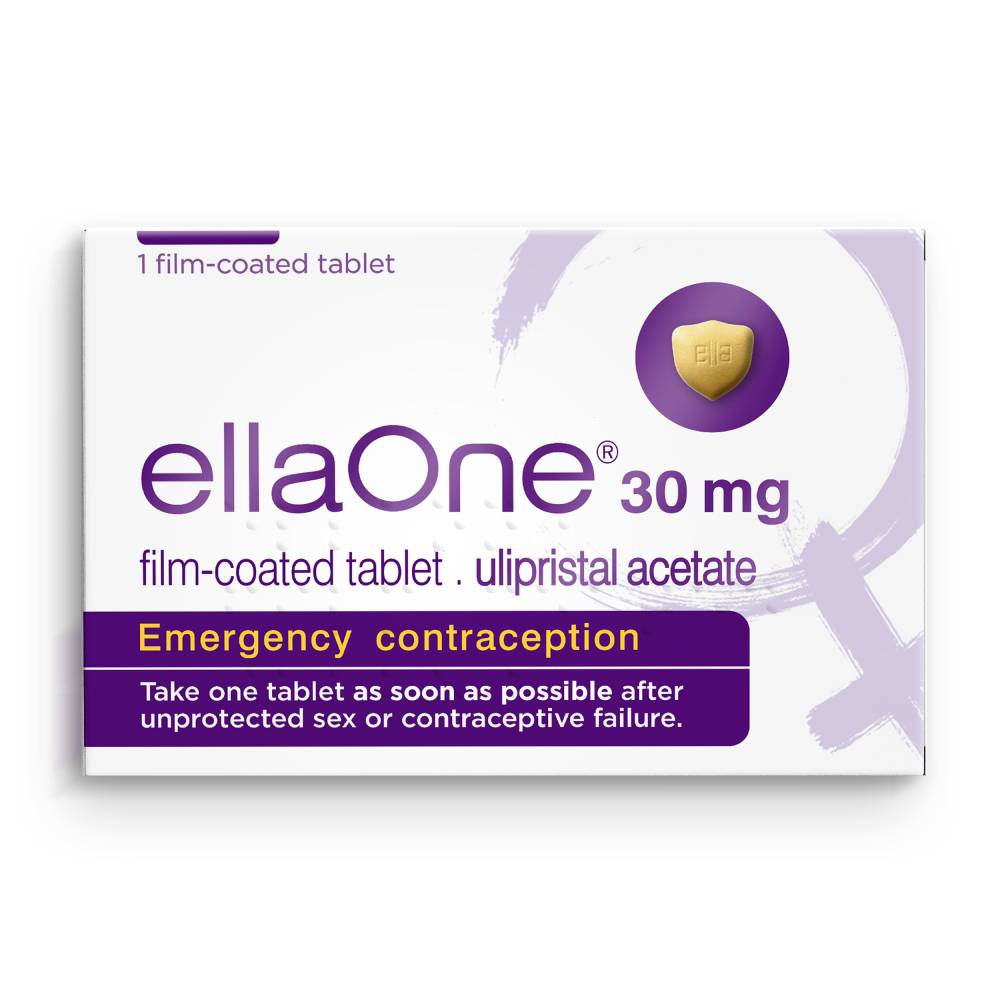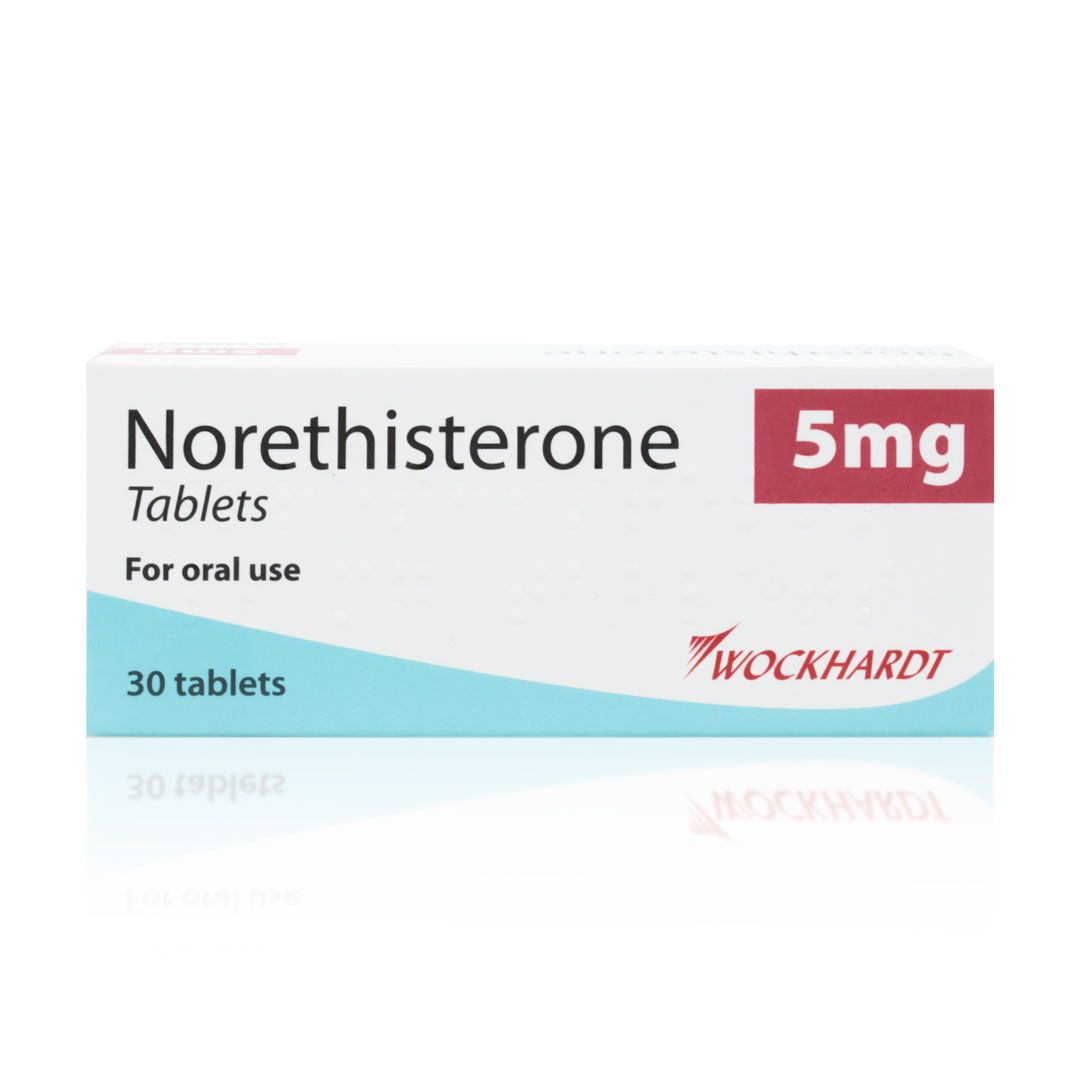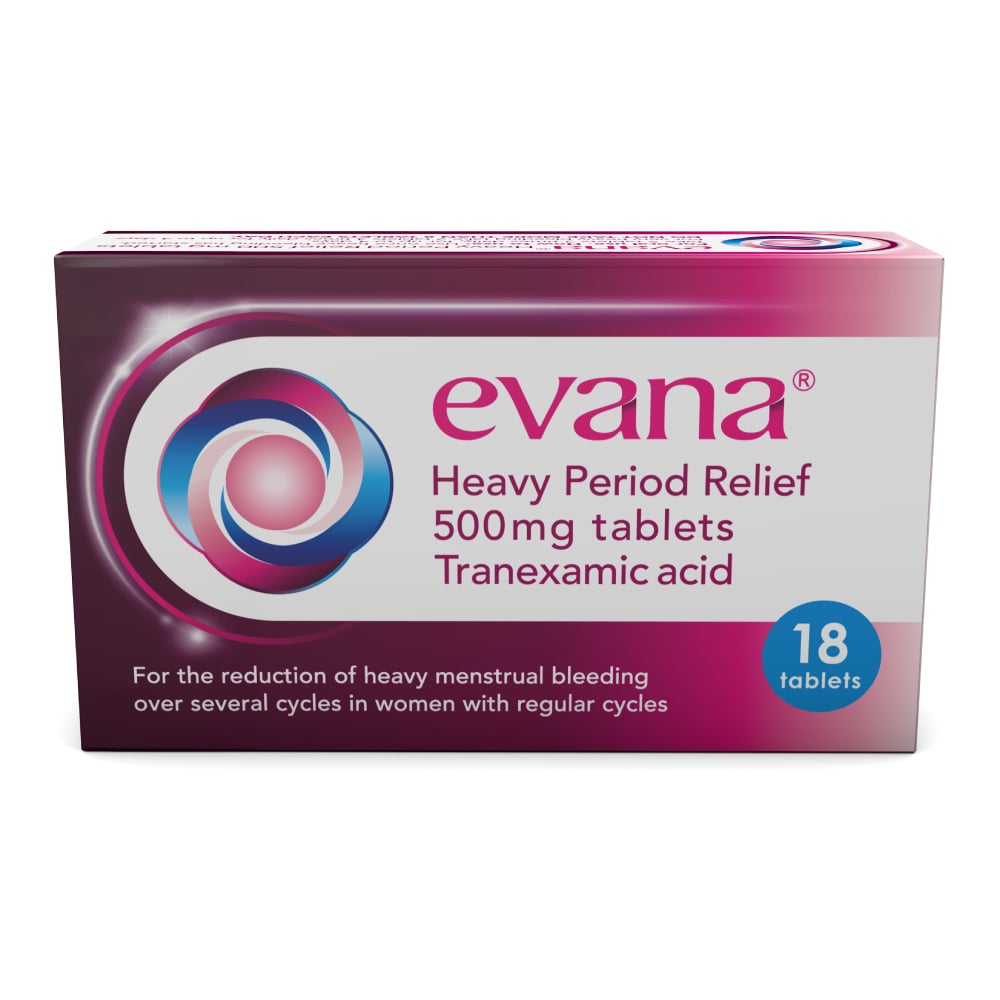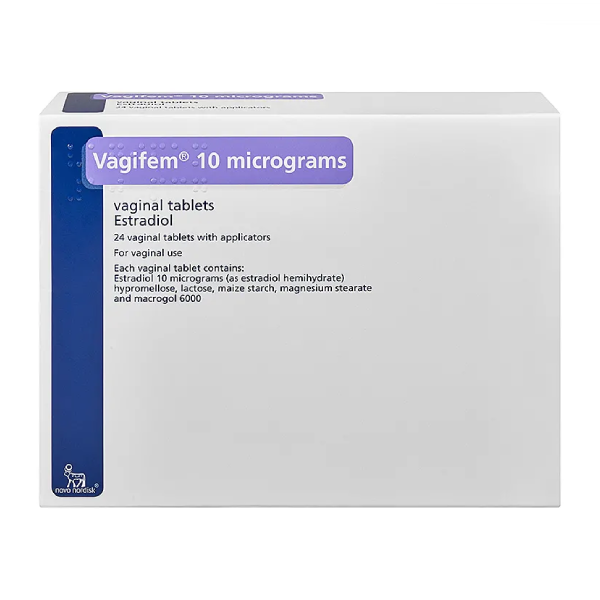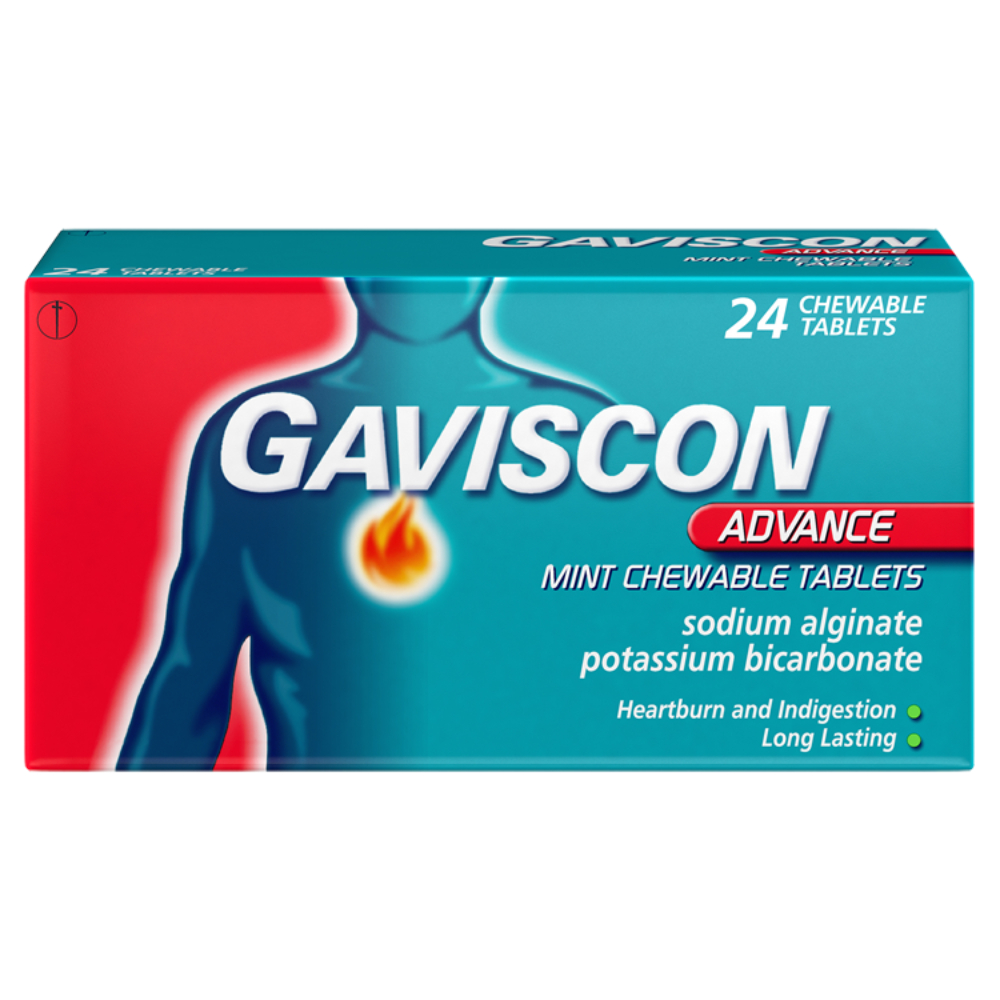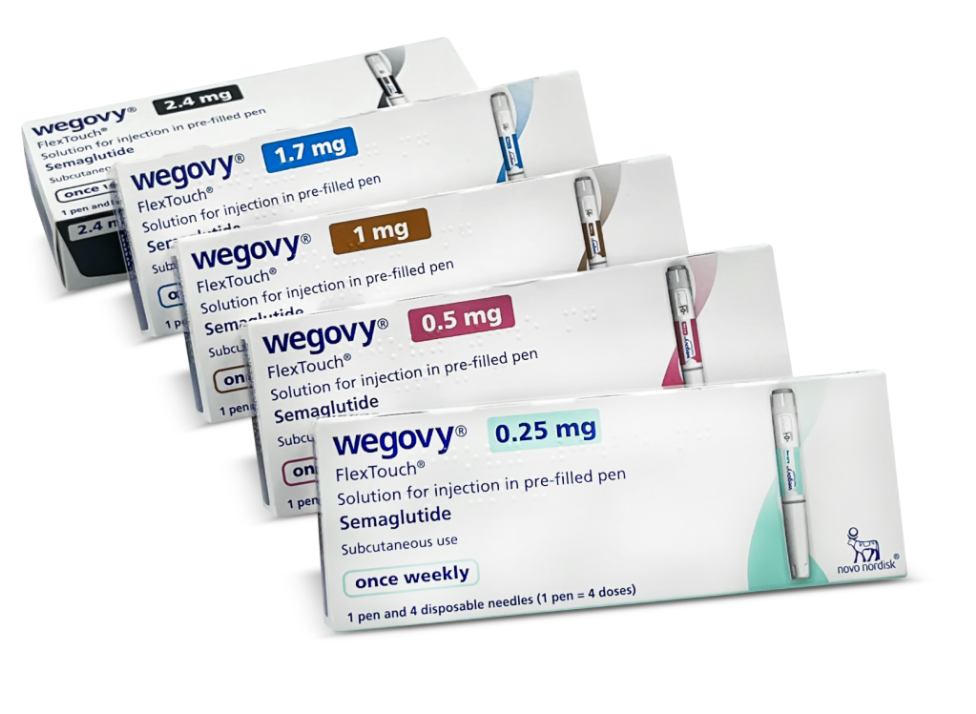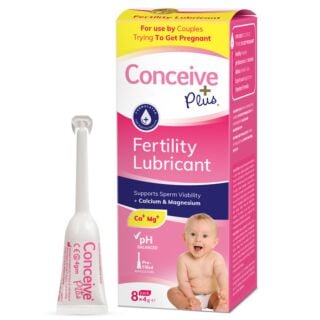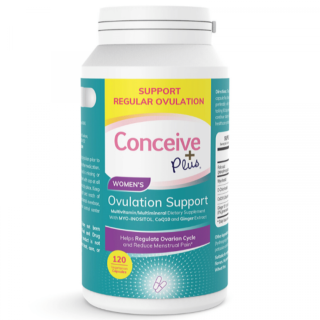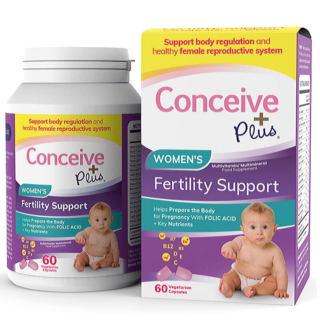Fertility
Fertility refers to a woman’s ability to get pregnant.1 Over 80% of heterosexual couples will conceive within one year if the woman is less than 40 years’ old and they have regular unprotected sex.2 This figure rises to 90% with the couples that will conceive in their second year of trying.2 … Read More See less
As a result, most couples will get pregnant within two years of trying to have a baby.2 However, for around one in seven couples, this process takes longer.3,4 If a couple hasn’t managed to conceive after a year of having unprotected sex, this is known as infertility.3,4
If you’re considering trying to get pregnant or currently trying to conceive, it can be difficult to know what to expect or when you should ask for help. So, let’s discuss fertility and menstruation, infertility and infertility treatments, including ovulation tablets, surgical options and assisted conception.
Periods and fertility
People who have periods have a menstrual cycle that lasts, on average, around 28 days, though this can range from 21 to 35 days.1 Your menstrual cycle lasts from the first day of your period to the day before your next period.1
Your menstrual cycle is controlled by your hormones.1 During each cycle, your level of a hormone called oestrogen increases gradually until the ovary releases an egg (ovulation).1 This occurs around 10 to 16 days before your next period (around day 14), and is the point during your menstrual cycle when you can get pregnant.1 After you’ve ovulated, another hormone, called progesterone, helps the womb (uterus) lining to thicken and prepare for pregnancy.1
Pregnancy will occur if a man’s sperm meets and fertilises the egg.1 However, if you don’t get pregnant, your levels of oestrogen and progesterone fall, and your womb lining comes away and leaves your body as a period (blood).1 If ovulation doesn’t occur, due to using hormonal contraception, you can’t get pregnant.1
Top tips for trying to conceive
If you’re trying to get pregnant:5
- Have unprotected sex every two to three days without using contraception, and ensure sperm enters the vagina
- Try to have sex around the time you are ovulating
- Try to stay at a healthy weight
- Quit smoking
- Take folic acid
- Eat a healthy, balanced diet
- Avoid drinking alcohol
- If you need lubricant, use fertility lubricant, as it imitates your body’s natural fluids and enables sperm to get to the right place
When to see a GP for infertility
You should go to see your GP if you have not conceived after a year of having unprotected sex.3,6 They will be able to assess you for common causes of fertility problems and suggest your next steps.3
However, in some cases you should go to see your GP before you’ve been trying for a year. For example, if you:3,6
- Are over 36 years old – as the decline in fertility speeds up when reaching your mid-30s
- Have another reason to be concerned about your fertility – for example, if you've had treatment for cancer or you think you may have had a sexually transmitted infection (STI)
How is infertility diagnosed?
Infertility is usually only diagnosed when a couple have not managed to conceive after a year of trying.3
There are two types of infertility:3
- Primary infertility –when someone who's never had a baby before has difficulty getting pregnant
- Secondary infertility –when someone has had one or more pregnancies in the past, but is having difficulty getting pregnant again
Before they make a diagnosis, your GP will ask you about your lifestyle and your medical and sexual history, including:6
- Any previous pregnancies
- How long you’ve been trying to conceive
- How often you have sex
- Whether you have any difficulties during sex
- When you last used a form of contraception
- Any medical conditions you have or have had in the past
- Whether you’ve ever had an STI
- Whether you’re taking any medications
They will also perform a physical examination.6 This will include taking your weight and examining your pelvic area to check for:6
- Infection, lumps and tenderness
- Signs of a reproductive health issue (e.g. Fibroids, ovarian tumours, endometriosis, or pelvic inflammatory disease)
Further fertility testing
You may then be referred to your local infertility team or fertility clinic for further fertility tests.6
For women, these include:6
- Blood tests – to find out when you’re ovulating, based on your level of progesterone
- Sti testing – to explore whether you may have an sti called chlamydia, which can affect your fertility
- X-ray – to check for blockages in your fallopian tubes, which may be preventing eggs from travelling to your womb
- Ultrasound – to check your ovaries, womb (uterus) and fallopian tubes for signs of reproductive health issues or blockages
- Laparoscopy (keyhole surgery) – to examine your womb, fallopian tubes and ovaries
For men, these include:6
- Semen analysis – to identify whether there are any problems with your sperm
- Sti testing – to find out whether you may have chlamydia
Causes of infertility
There are many possible causes of infertility, and fertility problems can affect either partner.
Common causes of infertility include:3,8
- Lack of regular ovulation – due to disorders that affect ovulation, such as anovulation (no ovulation), amenorrhea (no periods) and polycystic ovary syndrome (PCOS)
- Poor quality semen – due to a low sperm count or low sperm mobility
- Blocked or damaged fallopian tubes – due to pelvic inflammatory disease, other pelvic infections (e.g. Appendicitis) or endometriosis (when endometrial tissue grows outside the uterus)
- Abnormalities in the uterus – such as polyps, adhesions or fibroids (small growths in the womb)
- Peritoneal disorders – such as endometriosis
However, in a quarter of infertility cases, no cause can be identified.3
Infertility risk factors
Several factors can contribute to infertility, such as:3,9
- Getting older – as fertility declines with age
- Weight – being at a higher weight or underweight are both related to ovulatory dysfunction
- STIs – a few different stis, including chlamydia and gonorrhoea, can affect fertility
- Smoking – this can reduce semen quality and fertility in women
- Alcohol – drinking alcohol can affect semen quality
- Stress – as this can cause a loss of sex drive and affect both ovulation and sperm production
- Environmental factors – exposure to certain pesticides, solvents and metals has been found to impact fertility, particularly in men
- Drugs – over-the-counter drugs (e.g. Ibuprofen), recreational drugs (e.g. Marijuana and cocaine), medications (e.g. Sertraline and fluoxetine) and chemotherapy can all affect fertility
Infertility treatments
Infertility is normally treated using:10–16
Medicines
Fertility is often treated using medicines or pills for ovulation, including:
- Clomifene –alters your hormone balance to stimulate your ovaries and encourage ovulation if you don’t ovulate regularly or at all
- Tamoxifen – can induce ovulation so may be offered as an alternative to clomifene
- Metformin – sometimes prescribed to improve ovulation in people with PCOS
- Gonadotrophins – can help stimulate the ovaries to produce eggs, and may also be used as a fertility treatment for men
- Gonadotrophin-releasing hormone – stimulates your body’s production of oestrogen and progesterone and triggers ovulation
- Dopamine agonists – sometimes used to reduce high prolactin levels (hyperprolactinemia) and encourage ovulation
Surgical procedures
There are several types of surgical procedures that may be used to investigate fertility problems and help with fertility:
- Fallopian tube surgery – to repair your blocked or scarred fallopian tubes to make it easier for eggs to pass through them
- Laparoscopy – to treat endometriosis, fibroids or PCOS (using laparoscopic ovarian drilling)
- Correcting an epididymal blockage – the epididymis helps transport and store sperm. It can become blocked and stop sperm from being ejaculated. This procedure can correct the blockage
- Surgery to retrieve sperm – if sperm cannot be released due to an obstruction or another reason, it can be extracted surgically
Assisted conception
- Intrauterine insemination (IUI) – when high quality sperm is specially selected and inserted into the womb via a thin plastic tube passed through the cervix
- In vitro fertilisation (IVF) – when an egg is fertilised outside the body and then returned to the womb to grow and develop
Sources
- https://www.nhs.uk/conditions/periods/fertility-in-the-menstrual-cycle/
- https://cks.nice.org.uk/topics/infertility/
- https://www.nhs.uk/conditions/infertility/
- https://northyorkshireccg.nhs.uk/clinical-portal/referral-pathways-and-commissioning-information/fertility/
- https://www.nhs.uk/pregnancy/trying-for-a-baby/trying-to-get-pregnant/
- https://www.nhs.uk/conditions/infertility/diagnosis/
- https://www.nhsinform.scot/illnesses-and-conditions/sexual-and-reproductive/infertility/
- https://cks.nice.org.uk/topics/infertility/background-information/causes/
- https://cks.nice.org.uk/topics/infertility/background-information/risk-factors/
- https://www.nhs.uk/conditions/infertility/treatment/
- https://www.enherts-tr.nhs.uk/wp-content/uploads/2020/02/Fertility-Treatment-Clomifene-Tablets-v1-02.2020-w.pdf
- https://www.sciencedirect.com/science/article/abs/pii/S0301211518303014#:~:text=There%20were%20no%20statistically%20significant,have%20been%20excluded%20%5B3%5D.
- https://www.nhs.uk/medicines/metformin/pregnancy-breastfeeding-and-fertility-while-taking-metformin/
- https://www.wwl.nhs.uk/media/.leaflets/62ebb6a7f2b1f6.47318707.pdf
- https://my.clevelandclinic.org/health/body/22525-gonadotropin-releasing-hormone
- https://www.sciencedirect.com/science/article/abs/pii/S0303720725000899#:~:text=The%20increase%20in%20serum%20PRL,et%20al.%2C%202023)

Free delivery when you spend over £39

100% discreet delivery for every item ordered

Fully regulated UK pharmacy
Does a low sperm count mean infertility?
No, you can still conceive naturally, but it might be more difficult.
A low sperm count is known as oligozoospermia, which is where a man has less than 15 million sperm per millilitre of semen.
To put this into perspective, an average man will have around 15 - 200 million sperm per millilitre of semen.
Can PCOS affect fertility?
Polycystic ovary syndrome (PCOS) is one of the most common reasons why women may struggle to get pregnant naturally.
It’s a condition that affects your hormones and reproductive system which can cause tiny cysts in your ovaries that contain immature eggs.
Although PCOS can’t be cured, there are treatments available to increase your chances of conceiving.
How soon can you do a pregnancy test?
It can be tempting to take a pregnancy test a few days after a missed period, but you should wait a week to ensure you get the most accurate result.
This is because it can take time for your body to develop the HCG (a hormone that’s released when a fertilized egg attaches itself to the uterus) that your pregnancy test will pick up to form a reading.
When does your fertility decrease?
A woman’s fertility is at its highest between the late teens and late 20s.
Once you reach 30, your ability to get pregnant can start to decline, and it will typically decline more rapidly once you reach your mid-30s (around age 35).
By 45, it will usually be very difficult for you to become pregnant naturally.
Why should you take an ovulation test?
There’s a short time period each month when it’s best for a woman to conceive, but it can be difficult to know when this window will be.
An ovulation test can give you an idea of your most fertile days so you know the best time to have sex and improve your chances of conception.
What are good sources of folic acid?
Folic acid is the man-made form of the B vitamin folate, sometimes referred to as vitamin B9 or folacin.
Folate is found in small amounts in lots of foods including broccoli, brussels sprouts, leafy green vegetables, peas, chickpeas, kidney beans and fortified breakfast cereals.
If you’re pregnant or trying to conceive, you should take a 400 microgram folic acid supplement every day until you’re 12 weeks pregnant.

